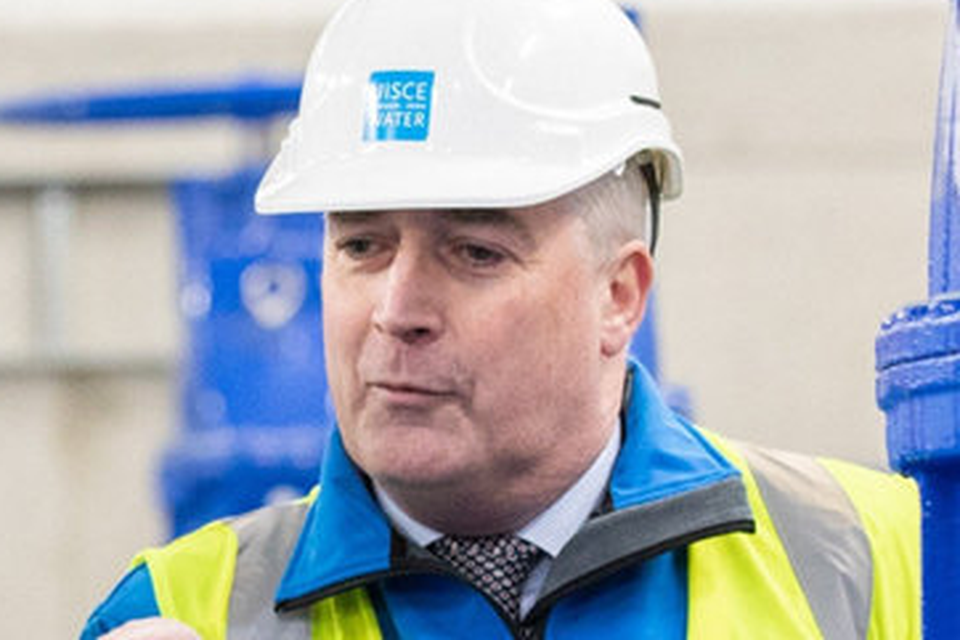Our network not able to deal with extreme weather scenarios, says Irish Water boss
Eamon Gallen: Irish Water’s utility manager spoke to the committee
Ireland does not have the resilience and flexibility to efficiently handle an extreme weather scenario and maintain water supplies, according to Irish Water.
The utility's general manager, Eamon Gallen, told the Oireachtas Committee on Housing yesterday there were lessons learned from 2018's "one-in-70-year drought".
He blamed shortcomings in the water supply network and process for sourcing water for problems faced by the country in times of prolonged periods of extreme weather.
"Despite Ireland having an abundant supply of raw water, many of our current abstractions and supply networks lack the resilience and flexibility to deal with these extreme weather events," Mr Gallen said.
Challenge
He said this was a "key challenge" that would be addressed in the National Water Resources Plan to be launched this year.
"Following a sustained period without rainfall, water levels in rivers and lakes across the country began to become precariously low as the year progressed until we were officially in drought conditions in late June," he said.
"Working with our partners in local authorities, our plants around the country were operating at maximum capacity but, unfortunately, water restrictions became unavoidable in the areas worst affected."
Irish Water launched a nationwide water conservation campaign encouraging households and businesses to reduce water consumption, including a hosepipe ban.
Meanwhile, the Environmental Protection Agency (EPA) revealed at the committee that raw sewage from the equivalent of 86,000 people in 37 towns and villages is flowing into Irish waterways every day.
Director of the EPA Dr Tom Ryan said there was a reduction of just one town since its Urban Waste Water Treatment report was published in 2017.
He noted that, in 179 large towns and cities monitored, waste water treatment at 28 of them failed to meet the required standards set to prevent pollution and protect public health.
Dr Ryan acknowledged that waste water was one of the main threats to the quality of our rivers, lakes and estuaries and contributed to poor bathing quality at six beaches in 2017.
"We acknowledge that these issues have not arisen overnight, that deficiencies exist in many treatment plants and public sewers due to a legacy of under-investment, and that it is not possible to fix all the issues in the short term," he said.
"Clearly, a credible long-term investment strategy and targeted implementation plan is required to address the deficiencies.
"In the meantime, the resources that are available need to be targeted to deliver improvements where they are most needed."
The "most pressing" issues that needed to be addressed that were identified by EPA included:
:: Eliminating discharges of untreated waste water;
:: Treating waste water from all large urban areas to meet European Union standards;
:: Ensuring waste water does not cause pollution of inland and coastal waters;
:: Improving treatment where required to protect bathing waters, shellfish waters and freshwater pearl mussels;
:: Rehabilitating or upgrading priority waste water collection systems.
Join the Irish Independent WhatsApp channel
Stay up to date with all the latest news















